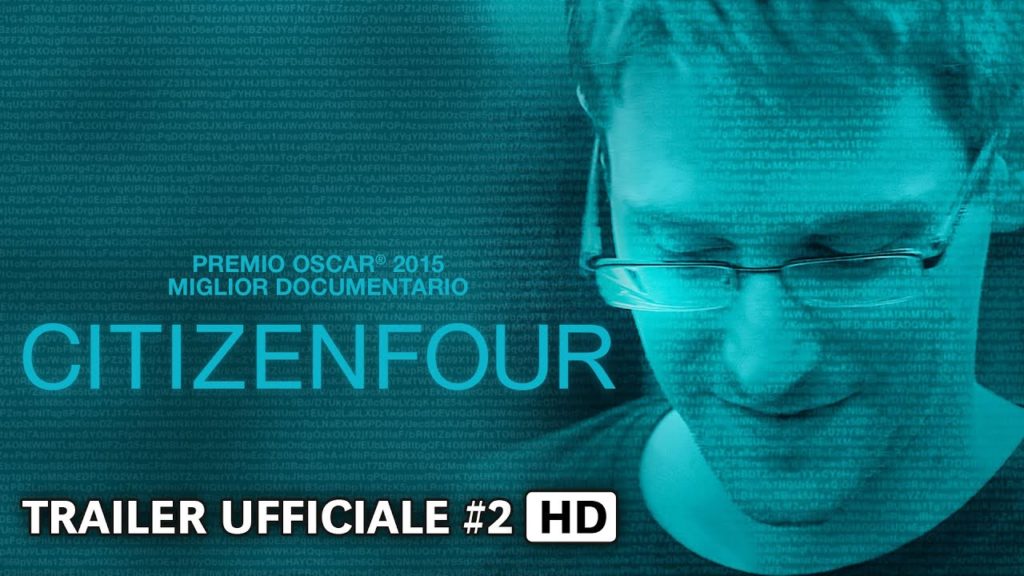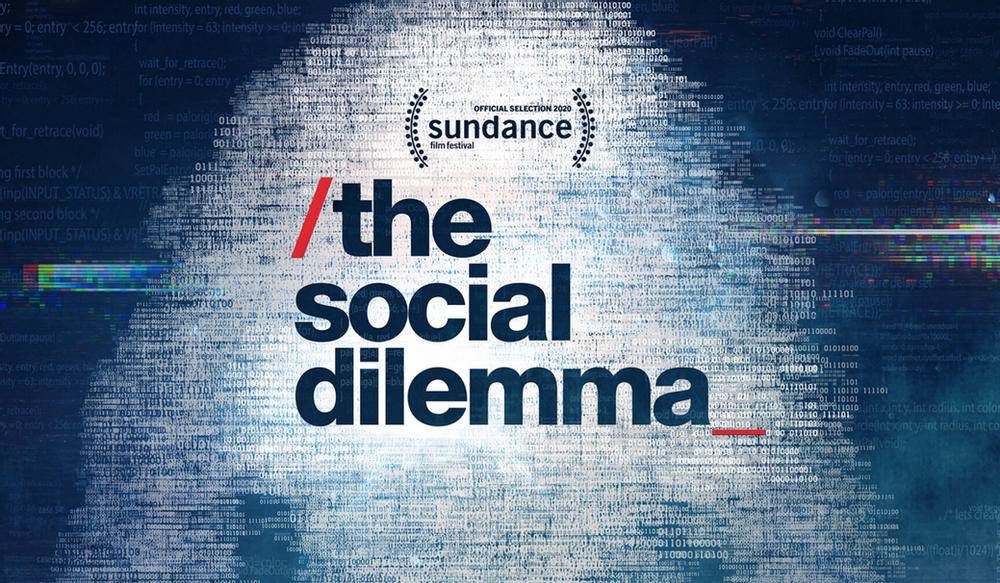Today the world is connected, the computer is mostly for using the Internet, and we all carry computers in our pockets. Whatever we do is shareable around the world instantly. While it is wonderful to be in direct contact with loved ones on the other side of the globe (and what would we have done without the Internet during the Covid lockdown? ), on the other hand our online activities have become both the source of revenue for big IT companies and a most efficient way to keep us under control and at bay: a possible dissident (even in very democratic countries starting with the U.S.), or anyone who engages in some form of civil protest that is inconvenient to the authorities, can be put under control with very sophisticated information-gathering systems that do nothing more than string together data from all our online activities.
Our cell phones provide location, our credit cards also give information about our purchases and then again location and tastes; our likes, our shares, not to mention comments, give a clear idea of what we think. Many of us also give out their running miles or steps taken per day, health status, political or religious beliefs. Everything is traceable, and artificial intelligence algorithms are quick to pull up a profile of the person of interest. Our connection providers then know what sites we have visited; our mail now equates to postcards that are open to the eyes of anyone with a minimum of technology in hand. But there’s no need to get into e-mail: just go to our social networks to find out who we are and what we would most like to buy, not to mention how we vote!
If you want to keep tabs on an inconvenient person, a new politician who is dangerous to the system, an overly bold journalist, the material is there: we have provided it of our own free will. In fact, with enthusiasm! As someone said, if the product is free it means you are the product. Gmail offers a minimum of 15 gigabytes free to store our e-mail messages. And the slogan, I remember, was indeed “you will never have to delete your messages again.” And I for one totally fell for it: no more mail taking up space on your computer, everything online, on Google’s servers forever and for free too! How so? Google tracks our online searches and activities that are sellable like gold to large multinational corporations that analyze the patterns to figure out our tastes and preferences and target advertising. It sounds like a trivial thing, but instead it is modern marketing, a global business of billions. The more active and participating we are online, the more we express ourselves, share, buy, leave likes or dislikes, the more accurate our profile will be. Mind you, this information is not directly linked to our names! No need. It is enough to prop up on our devices the advertisements that have the best chance of success based on our online activities. My own Google search may yield different results from another person’s. Also, if someone had an interest in tracing a certain person’s location and name from his or her searches, it has been shown to be possible at rates very close to 100%!
Why is it that today for anything we want to do on the Internet we need to register? At least leave our last name and email address? First name and last name may well be forged, but then email is traceable and gives the power to propel targeted advertising to you, which web companies pay gold to the Internet big boys. Big Data for the Big Five: Google, Amazon, Facebook, Apple, Microsoft. We have enthusiastically given them all our data, and they have used it to grow so out of proportion that they are untouchable. The data they hold is also gold for government agencies, invaluable for “intelligence” services, most useful for surveilling anyone in the name of greater security for all. And mind you, these companies-all of them-have signed specific agreements with the U.S. government to provide data acquired through their digital services!
While we have the U.S. government and many other Western/democratic and non-western governments that can have access to the confidential data stored in the servers of large American internet companies, these companies themselves make money by selling our online behaviors to advertising companies. For this reason, every online platform, especially the social ones (Facebook-Instagram-Whatsapp first especially because of their size) has a strong interest in keeping our presence and activity alive on their pages. So they have developed algorithms designed to attract us to visit our accounts and stay there as long as possible. So they can raise the price to their real customers. No one is immune, because they exploit the way the human psyche works. The most vulnerable to these mechanisms are the youngest, who the later they approach social platforms, the better.
We are surrounded. What to do? It is easy to say just stop using Facebook (which also means Instagram and Whatsapp), or stop doing Google searches, let alone using Gmail, or to stop buying Apple products (Android is Google’s anyway), stop buying from Amazon, or to stop using Windows and Office. Does this sound feasible? No. Not even to me as I write this. Surely being aware of this is a first step, and we have to thank people like Edward Snowden and Julian Assange who ruined their lives to first expose these facts or other protagonists of the early social era who came out afraid of what they themselves had helped create (watching the two docufilms listed on this page is enlightening).
A very useful first step that restores some freedom is to eliminate any kind of notification, whether on cell phones or computers: we decide when it is time to consult our social pages or our mail or messaging. On the other hand, if it is impossible for you to close as many of your social accounts as you can, pay close attention to what you share and what you write in them!
As we will see in the next few pages, we can shrink our online profile with simple steps, small choices that may cost a few less automations we were used to or the time to learn how to use a different program. We pay attention to what browser we use and how we use it, we better protect our accounts with more complex passwords, we use secure mail services. Okay, but the first and simplest is to stop using Google as a search engine.


